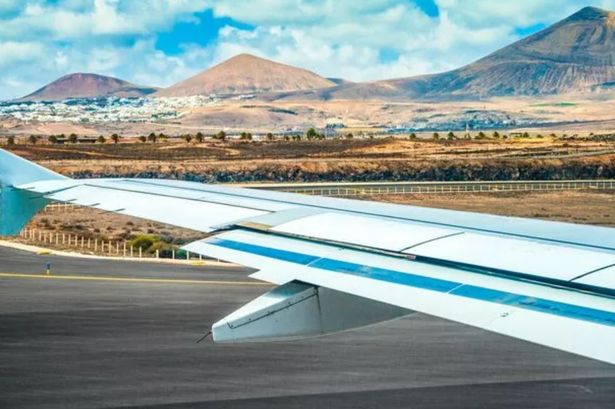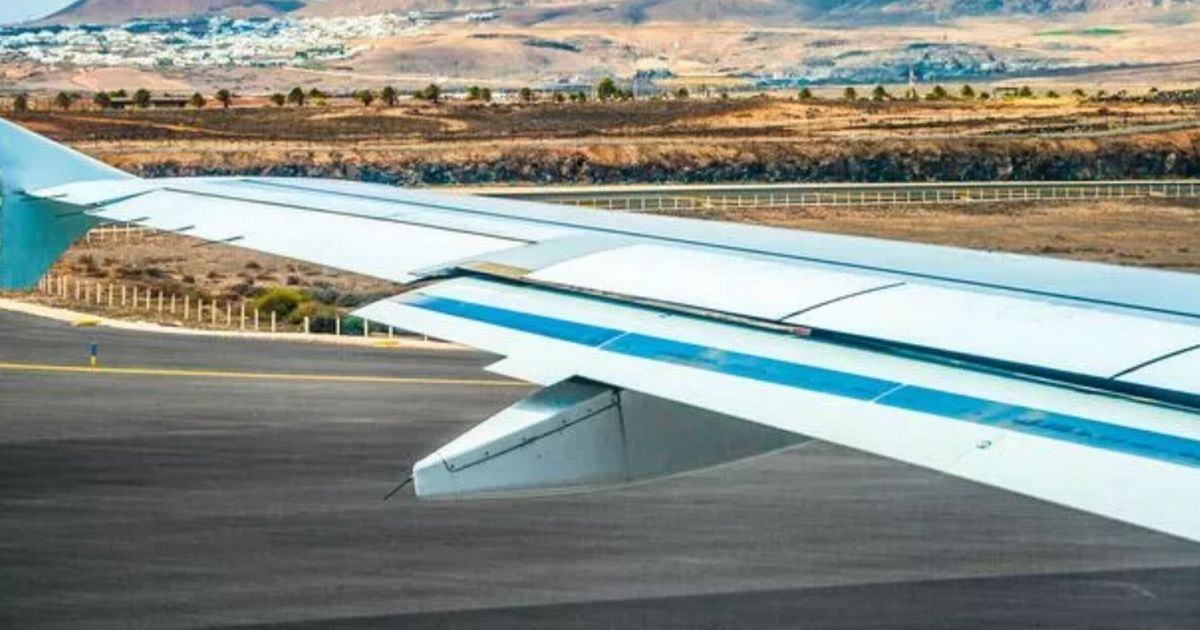The decision was made by Aena’s Board of Directors on Tuesday as part of its updated pricing structure for the 2026 financial year. UK tourists face new Spain airport rule but Canary Islands are trying to stop it
UK tourists face new Spain airport rule but Canary Islands are trying to stop it
UK tourists could abandon Tenerife, Lanzarote and Majorca over a new fee. Aena, Spain’s airport operator, has approved a 6.5% rise in airport charges, bringing the cost per passenger to €11.03 starting from 1 March 2026.
But the Canary Islands and Balearic Islands in Spain in the European Union are battling back. The decision was made by Aena’s Board of Directors on Tuesday as part of its updated pricing structure for the 2026 financial year.
The increase means passengers will pay €0.68 more than the current rate. According to Aena, the adjustment is necessary to safeguard its financial sustainability, particularly given that it receives no funding from Spain’s General State Budget.
READ MORE Automatic £300 payment coming for state pensioners born before certain year
Javier Gándara, President of the Association of Airlines (ALA), slammed the increase as “excessive”. Tenerife authorities are set to contest this hike and are calling on the Spanish government to exempt the Canary Islands from the proposed increase.
Pedro Oliver, the president of the College of Tour Guides, said: “The anti-tourism messages are resonating. If you generate negative news, which has repercussions in other countries, tourists opt for other destinations when choosing their holidays.
“We are sending the message that we don’t want tourists and that everything is too crowded.”
Campaigners stress that air travel in the Canaries is a necessity rather than a luxury, given the archipelago’s remote and insular nature, and have urged the government to recognise the unique challenges faced by island communities
The tourism alliance Exceltur has rejected the increase in airport charges, too. Exceltur explains that the increase, which amounts to an additional 68 pence per passenger, does not reflect the “general interest inherent in a public company that manages a key monopoly for air accessibility to Spain.”
The increase, they add, “is not justified” in a public company that in 2024 achieved a record net profit of €1.934 billion and whose main function “should be to improve the quality of the infrastructure and services.”
Therefore, Exceltur insists that Aena, “taking advantage of the financial margin from its excellent results,” focus on excellence in managing the infrastructure and services to avoid “episodes of deterioration in the quality of the passenger experience observed at several airports in recent weeks.”
